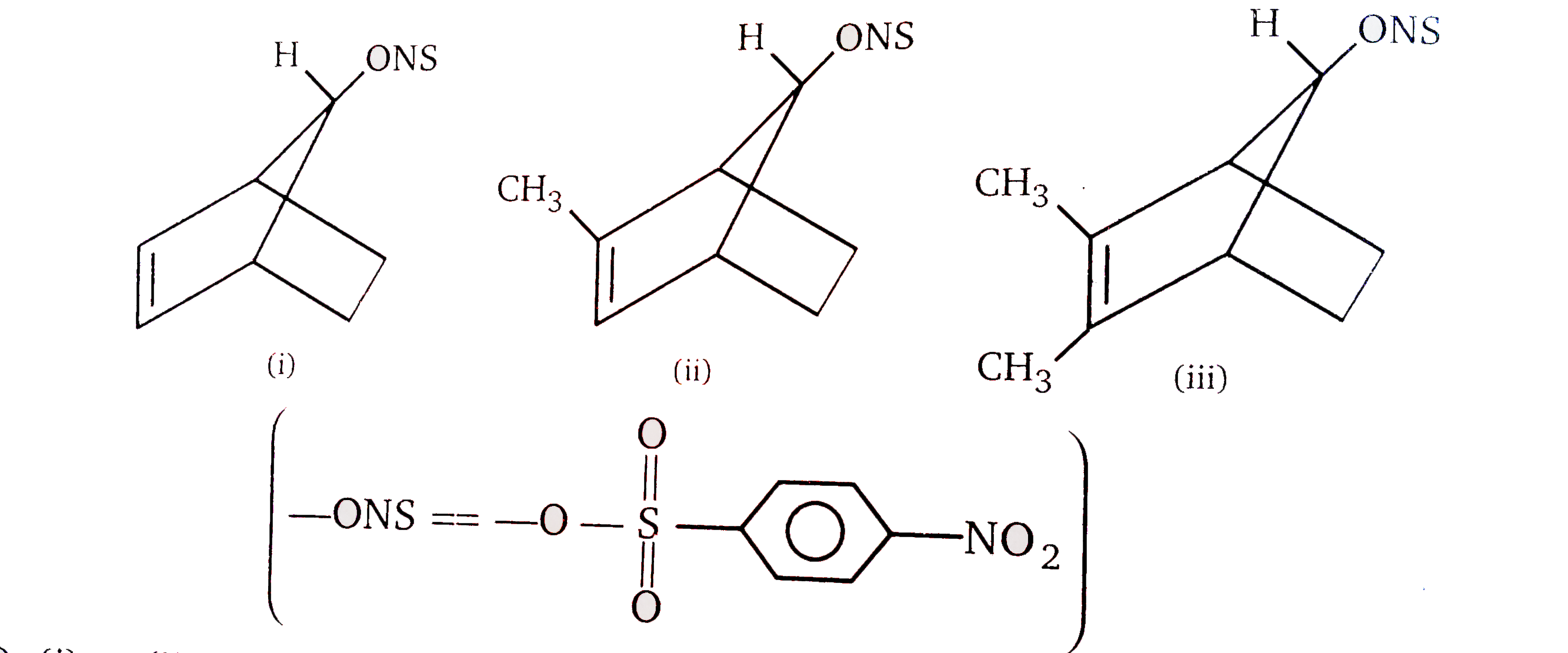For the reaction 2H2+O2→2H2O, the rate law expression is , r=k[H2]n. When the concentration of H2 is doubled, the rate of reaction found to be quadrupled. The value of n is
A
0
B
1
C
2
D
3
Video Solution
Text Solution
The correct Answer is:C
r=k[H2]n
On doubling the concentration of H2,
4r=k[2H2]n
On dividing Eq. (ii) by (i) , we get,
4=2n
(2)2=(2)n⇒n=2
|
Topper's Solved these Questions
- CHEMICAL KINETICS BOOK - MHTCET PREVIOUS YEAR PAPERS AND PRACTICE PAPERSCHAPTER - CHEMICAL KINETICS EXERCISE - MHT CET CORNER
20 Videos
- CHEMICAL KINETICS BOOK - MHTCET PREVIOUS YEAR PAPERS AND PRACTICE PAPERSCHAPTER - CHEMICAL KINETICS EXERCISE - Exercise 1
63 Videos
- BIOMOLECULES BOOK - MHTCET PREVIOUS YEAR PAPERS AND PRACTICE PAPERSCHAPTER - BIOMOLECULES EXERCISE - MHT CET CORNER
24 Videos
- CHEMICAL THERMODYNAMICS AND ENERGETICBOOK - MHTCET PREVIOUS YEAR PAPERS AND PRACTICE PAPERSCHAPTER - CHEMICAL THERMODYNAMICS AND ENERGETICEXERCISE - MHT CET Corner
40 Videos
Similar Questions
Knowledge Check
In the reaction
2H2O2→2H2O+O2AOxygen is oxidised onlyBOxygen is reduced onlyCOxygen is neither oxidised nor reducedDOxygen is both oxidised and reducedIn the reaction.
H2S+H2O2→S+2H2OAH2S is an and H2O2 is a baseBH2S is a base and H2O2 is an acidCH2S is an oxidizing agent and H2O2 is a reducing agentDH2S is a reducing agent and H2O2 is an oxidising agentFor the reaction, N23H2→2NH3 rate is expressed as :
A−3d[N2]dt=−d[H2]dt=32d[NH3]dtB−d[N2]dt=−13d[H2]dt=13d[NH3]dtC−d[N2]dt=−3d[H2]dt=2d[NH3]dtD−d[N2]dt=−d[H2]dt=d[NH3]dt
For the reaction : H2+I2→2HI, the differential rate law is
View SolutionFor the reaction H2(g)+I2(g)⇔2HI(g), the rate of reaction is expressed as
View SolutionThe reaction of H2S+H2O2→S+2H2O manifests
View SolutionRelative rate of reaction with H2O

View SolutionThe reaction 2H2O2→2H2O+O2 is
r=k[H2O2]
View Solution
